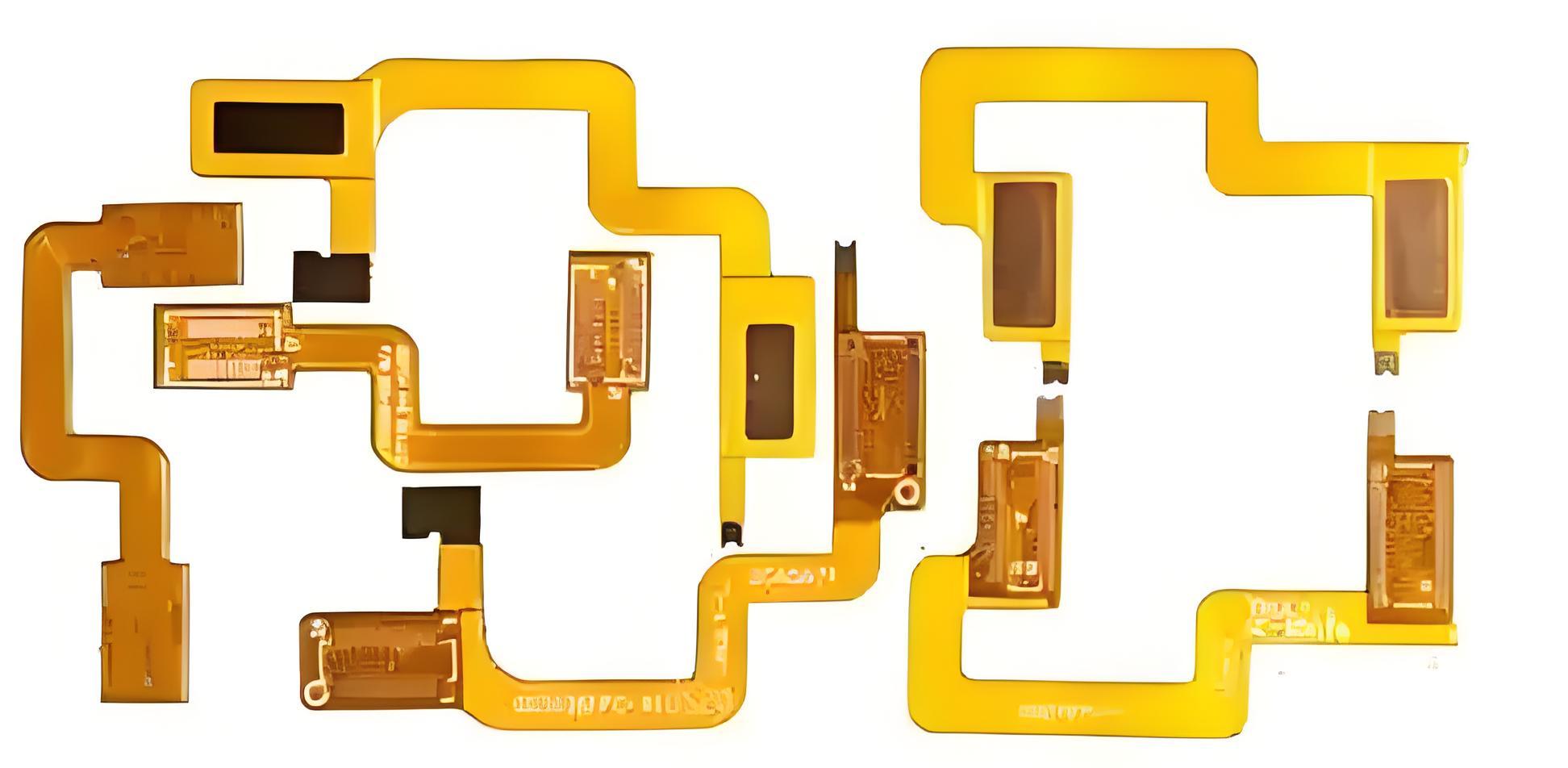AI Glasses: Breaking Functional Boundaries with FPC Support!

1. Introduction
In the rapidly evolving landscape of smart devices, AI glasses are emerging as a significant technological advancement. With functionalities ranging from augmented reality (AR) displays to real-time translations, AI glasses are compact powerhouses requiring advanced flexible electronics to maintain their sleek, wearable design. Flexible Printed Circuits (FPC) play a critical role in making these innovations possible, supporting these devices by offering compact, lightweight, and durable solutions that traditional circuits cannot provide.

2. The Role of AI Glasses in Today’s Technology Landscape
AI glasses are transforming user interaction with the digital world, bridging the gap between reality and digital experience. They enable applications in fields such as healthcare, gaming, and translation, providing users with a seamless connection to digital data. With FPC technology at their core, AI glasses maintain high performance while remaining lightweight and comfortable to wear for extended periods.
3. Why FPC is Key to AI Glasses Innovation
Flexible Printed Circuits (FPC) are pivotal to the development of wearable technology. Traditional rigid circuits would limit the flexibility and compactness AI glasses require. Here are the primary ways FPC supports the growth of AI glasses technology:
· Miniaturization: FPCs are essential for compact layouts, which allow manufacturers to design slimmer, more efficient AI glasses.
· Heat Management: With their unique structure, FPCs aid in dissipating heat, critical for AI glasses with continuous data processing.
· Durability and Flexibility: FPC’s ability to flex without breaking allows them to withstand daily wear and tear, crucial for devices meant to be worn.

4. Enhanced Flexibility: FPC's Critical Advantage for AI Glasses
One of the key benefits of FPC is its flexible, bendable nature, which is essential in the confined and intricate design space of AI glasses. Unlike rigid PCBs, FPC can fold and flex within the small frame, connecting various components and sensors seamlessly. This flexibility also contributes to reducing weight, which is fundamental for wearable technology.
In the context of AI glasses, flexibility translates to enhanced user comfort and durability, as the FPC design can endure physical stress and movement without compromising the device's integrity.
5. FPC’s Role in Power Management and Performance
In wearable devices like AI glasses, power management is a critical factor. FPCs play a vital role in improving energy efficiency by reducing the need for excess wiring and streamlining the circuitry. This efficient design minimizes power consumption, thereby extending battery life—a critical feature for wearables.
Moreover, FPCs help stabilize performance by maintaining consistent connectivity across the device, enhancing the overall reliability and user experience. This reliable circuitry allows AI glasses to perform high-demand tasks like image recognition, AR overlays, and real-time translation without lag.
6. Future Trends: FPC and the AI Glasses Market
As AI technology progresses, AI glasses will evolve to become even more powerful and adaptable. Flexible Printed Circuits are expected to evolve alongside these devices, incorporating new materials and design efficiencies to handle higher data loads and more complex functionalities. The continued innovation of FPC technology will support these trends, enabling more compact, high-performance wearable devices that remain user-friendly and energy-efficient.
Additionally, the adoption of 5G technology will drive the demand for enhanced data transmission, making FPC even more critical to AI glasses. The low-latency, high-speed benefits of 5G, combined with advanced FPC designs, will help AI glasses deliver immersive experiences with minimal delay, making them more effective for applications such as live translations and AR navigation.
7. Conclusion: FPC's Future with AI Glasses
The success of AI glasses lies not only in the algorithms and sensors but also in the essential, flexible circuits that form their backbone. By combining durability, efficiency, and compactness, Flexible Printed Circuits (FPCs) ensure that AI glasses can meet consumer demands for lightweight, high-performing wearables. As the market for AI glasses grows, FPC’s role in supporting this technology will be indispensable.

8. Recommended by Gekun - Flexible Circuit Boards for AI Glasses
For reliable, high-quality Flexible Printed Circuit solutions, Gekun is at the forefront, offering flexible circuit boards tailored for cutting-edge AI glasses. With a commitment to innovation, Gekun ensures that wearable technology is supported by FPC designs optimized for both performance and durability.
Suggested Tags: #AIGlasses, #FlexiblePrintedCircuits, #FPCTechnology, #WearableTechnology, #Gekunflex, #FlexibleElectronics
Gekunflex website: https://gekunflex.com
- Art
- Causes
- Crafts
- Dance
- Drinks
- Film
- Fitness
- Food
- Jocuri
- Gardening
- Health
- Home
- Literature
- Music
- Networking
- Alte
- Party
- Religion
- Shopping
- Sports
- Theater
- Wellness


